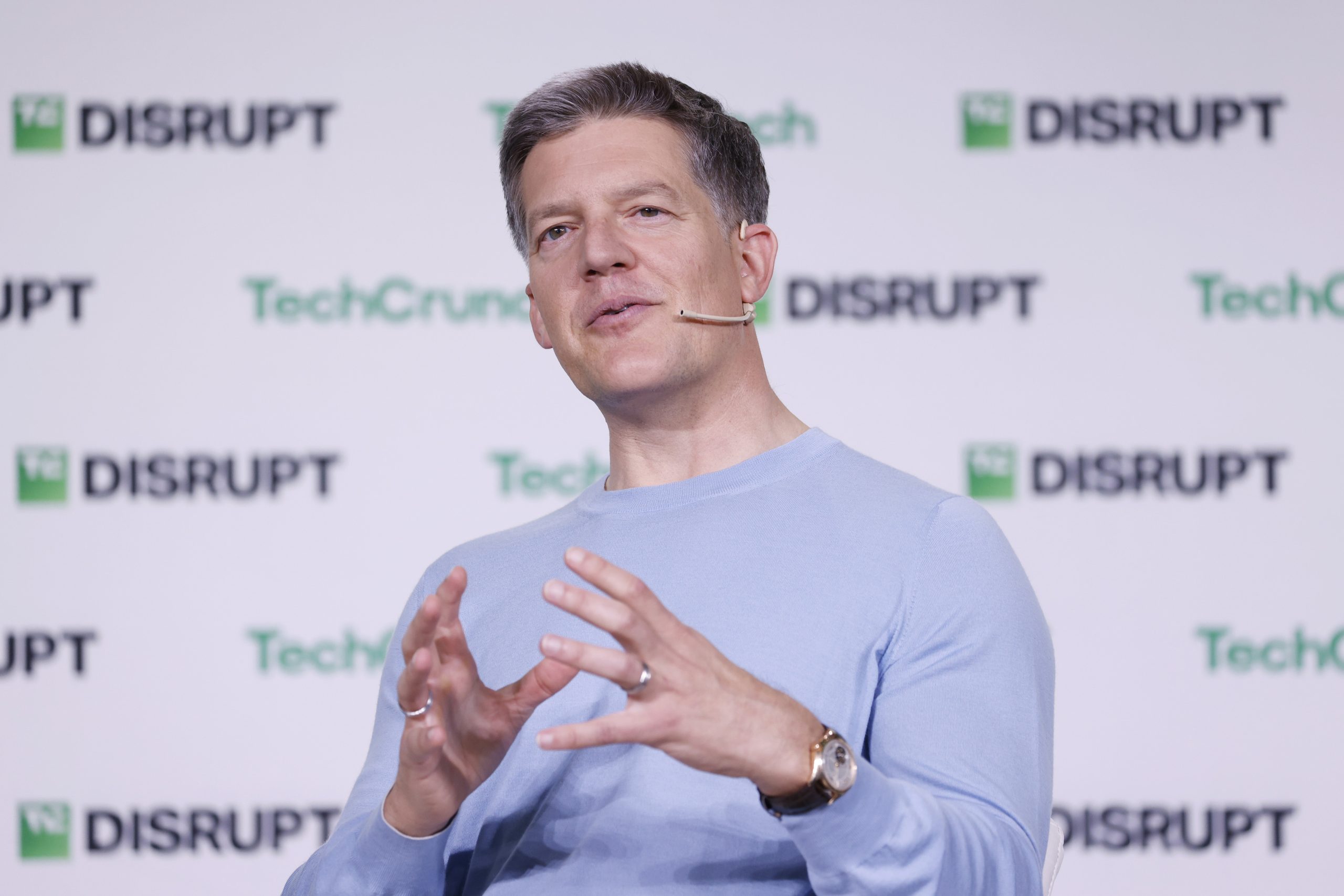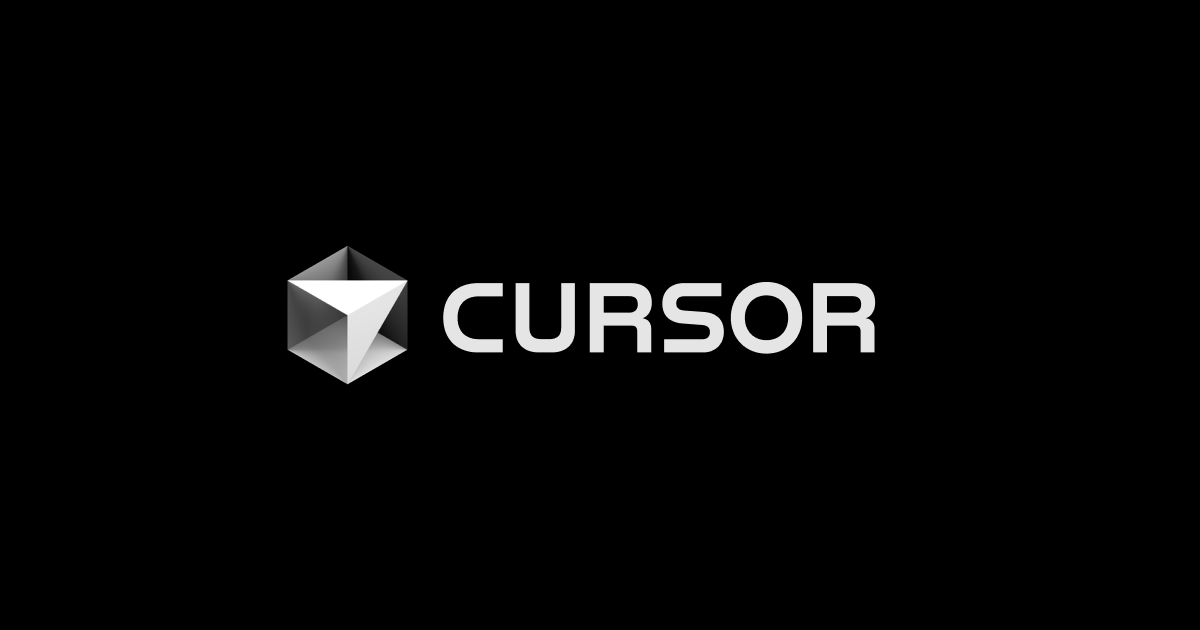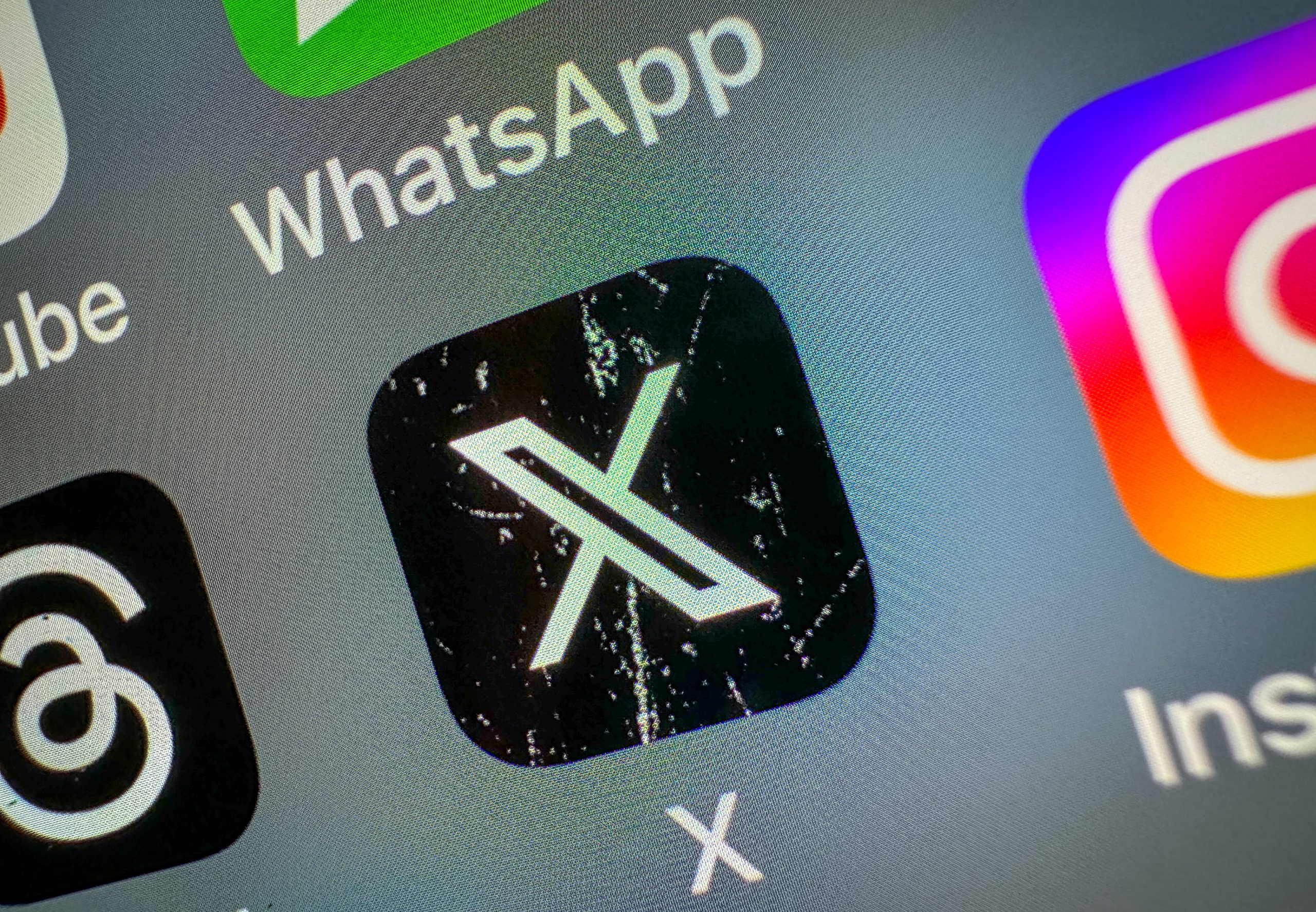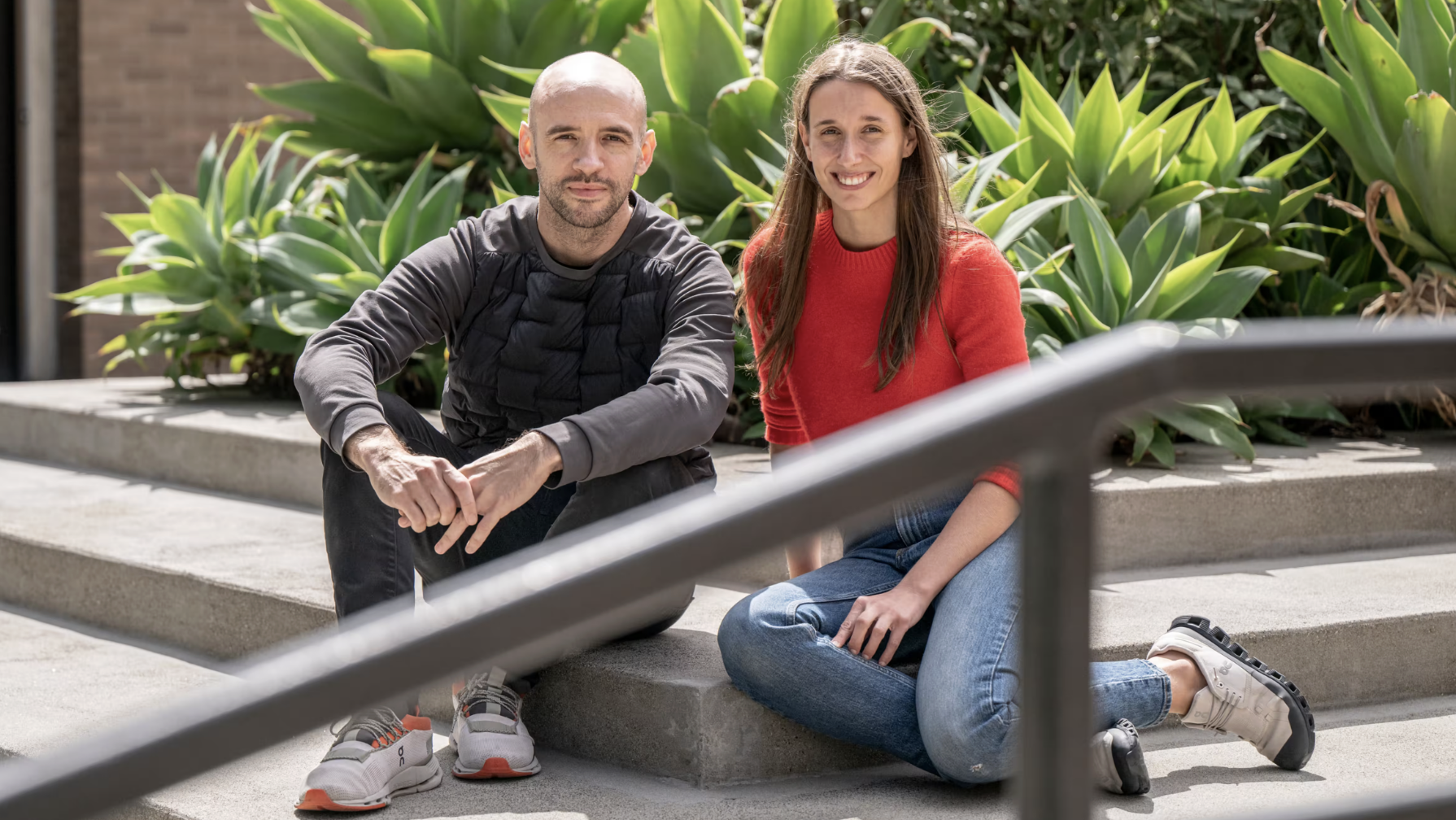
In a pivotal moment for the venture capital industry, Roelof Botha, managing partner at the venerable firm Sequoia Capital, offered a robust defense of his colleague, partner Shaun Maguire, following a series of inflammatory public comments made earlier this year. Speaking at TechCrunch Disrupt 2025 on Monday, Botha framed the firm’s position as a staunch commitment to its partners’ right to "free speech," even as the remarks ignited a significant internal and external controversy that saw Sequoia’s chief operating officer resign. This incident has cast a spotlight on the delicate balance between individual expression, corporate responsibility, and the evolving social contract expected of powerful institutions in the technology sector.
The Genesis of Controversy: A Social Media Firestorm
The contentious remarks originated from a July 4 post by Shaun Maguire on X, formerly Twitter. In his social media commentary, Maguire targeted Zohran Mamdani, a New York City mayoral candidate, labeling him an "Islamist" and asserting that he "comes from a culture that lies about everything." These statements, widely perceived as xenophobic and Islamophobic, swiftly triggered a substantial online backlash. The ensuing debate transcended mere personal opinion, prompting widespread discussion within the tech community about the potential reputational risks such an endorsement, or lack of condemnation, posed to Sequoia Capital.
Sequoia Capital, a titan in the venture capital world, boasts an unparalleled portfolio of groundbreaking companies, having backed industry giants such as Apple, Google, Nvidia, Airbnb, and Stripe. Its influence extends far beyond mere financial investment, shaping the trajectory of technological innovation and often setting precedents for corporate behavior in the startup ecosystem. Given this prominent standing, Maguire’s comments and the firm’s subsequent handling of the situation resonated deeply, drawing scrutiny from founders, investors, and the broader public alike.
The Community’s Response and an Internal Rupture
The immediate fallout from Maguire’s X post was significant and multifaceted. Within days, an open letter, circulated among tech industry professionals, garnered over a thousand signatures from founders and leaders. This letter, publicly accessible on a dedicated website, unequivocally urged Sequoia Capital to take decisive action, emphasizing that "silence in the face of hate has consequences." The signatories articulated a clear expectation: that a firm of Sequoia’s stature should actively disavow speech deemed discriminatory or hateful, thereby signaling its commitment to inclusive values within the tech community.
The controversy escalated further with a report from the Financial Times, revealing a tangible internal consequence: Sumaiya Balbale, Sequoia’s chief operating officer and a practicing Muslim, had resigned from her position. Sources close to the situation indicated that Balbale’s departure was directly linked to the firm’s decision not to discipline Maguire following his inflammatory remarks. Her resignation underscored the profound internal divisions and ethical dilemmas that the firm faced, suggesting that the "free speech" defense had real-world implications for its diverse workforce and leadership. When questioned about Balbale’s departure at TechCrunch Disrupt, Botha declined to offer specific details, limiting his comments to an expression of appreciation for her contributions to the firm, thus maintaining a degree of corporate discretion amidst public scrutiny.
Sequoia’s Defense: Upholding "Spiky" Perspectives
Botha’s defense of Shaun Maguire was notably candid, particularly given the high-stakes nature of the controversy. He asserted that Sequoia Capital has always championed a diversity of views among its partners, characterizing this as a core tenet of the firm’s culture. To illustrate this point, Botha referenced historical examples within Sequoia’s partnership, highlighting the firm’s capacity to accommodate divergent political ideologies. He noted that prominent Sequoia VC Michael Moritz had been an outspoken critic of former President Donald Trump, while former managing partner Doug Leone was a vocal Trump supporter. This historical precedent, Botha argued, demonstrated a long-standing commitment to intellectual pluralism.
"Internally, we celebrate diversity of opinions, and we need ‘spiky’ people inside Sequoia," Botha told TechCrunch editor-in-chief Connie Loizos on stage, directly addressing Maguire’s outspoken nature. He elaborated, "We actually have a tremendous breadth of opinion within our partnership, and we celebrate that some people just choose to express it differently." Botha further underscored the firm’s consistent policy: "And we’ve always honored the right to free speech of each of our individual partners." This stance positions Sequoia as a firm that prioritizes individual expression, even when such expression sparks controversy, suggesting a deliberate strategic choice to foster an environment where diverse, even unconventional, viewpoints are not only tolerated but actively encouraged.
The Strategic Value of Outspokenness: A "Specific Profile"
Beyond the principle of free speech, Botha also presented a pragmatic argument for valuing partners like Maguire. He posited that Maguire possesses a "specific profile" that resonates powerfully with a particular cohort of founders. This profile, Botha explained, is characterized by a deep technical acumen – Maguire is described as a "physics PhD who dropped out of high school" and "very technical" – coupled with a willingness to engage in public discourse, even controversially.
Maguire’s connections within the tech ecosystem are indeed significant. He manages Sequoia’s substantial investments in several of Elon Musk’s ventures, including Neuralink, SpaceX, The Boring Company, X, and xAI. This access to and influence within the orbit of one of the tech world’s most polarizing and influential figures grants Maguire a unique position. Furthermore, Botha highlighted Maguire’s success in attracting founders in burgeoning and often sensitive sectors, particularly defense technology. For instance, Maguire has backed Mach Industries, a two-year-old autonomous weapons company, signaling his engagement with industries that are both strategically vital and often fraught with ethical considerations.
Botha’s commentary suggests that Maguire’s outspokenness, while generating "trade-offs" as he admitted, is also viewed as an asset. In a competitive venture capital landscape, differentiating a firm through its partners’ unique personalities and networks can be a powerful draw. For founders seeking investors who align with certain technological or ideological frontiers, a "spiky" partner like Maguire might represent a more authentic or aligned choice, despite the associated public relations challenges.
Market, Social, and Cultural Impact: The Broader Repercussions
Sequoia Capital’s handling of this incident resonates far beyond the confines of its Sand Hill Road offices, impacting the broader venture capital market and the social fabric of the tech industry. The controversy highlights a growing tension between the historical ethos of free expression in Silicon Valley and the increasing demands for social responsibility and inclusivity from corporate entities.
From a market perspective, the firm’s decision could be interpreted in several ways. Some founders, particularly those aligned with more conservative or libertarian viewpoints, might find Sequoia’s stance appealing, viewing it as a defense against "cancel culture" or ideological conformity. This could potentially strengthen relationships with founders in emerging, sometimes controversial, sectors like defense tech or AI that push ethical boundaries. Conversely, other founders, especially those from underrepresented backgrounds or those prioritizing diversity and ethical governance, might view Sequoia’s position as a tacit endorsement of harmful speech. This could lead to a "flight to values," where founders actively seek out investors whose public stances align more closely with their own ethical frameworks, potentially affecting Sequoia’s deal flow and its ability to attract top talent in an increasingly diverse startup landscape.
Socially and culturally, the incident reflects a broader societal debate about the limits of free speech, particularly when exercised by individuals holding significant power and influence, and its intersection with corporate accountability. The open letter signed by over a thousand professionals underscores a shift in expectations: the tech community, once perhaps more tolerant of eccentric or controversial figures, is now increasingly demanding that powerful institutions take a clear stand against discriminatory rhetoric. The resignation of a high-ranking executive like Balbale serves as a stark reminder that these debates are not abstract; they have tangible consequences for individuals and the internal dynamics of organizations.
Neutral Analytical Commentary: A Complex Balancing Act
Sequoia Capital’s approach to the Shaun Maguire controversy represents a complex balancing act, fraught with inherent trade-offs. On one hand, the firm’s commitment to "free speech" and a "diversity of opinions" can be seen as a principled stand, fostering an environment where unconventional thinking, crucial for innovation, is encouraged. This ethos might appeal to founders who value intellectual independence and a rejection of perceived ideological groupthink. It also allows Sequoia to retain valuable partners who bring unique networks and expertise, such as Maguire’s deep ties to Musk’s ecosystem and the burgeoning defense tech sector.
On the other hand, the firm’s refusal to discipline Maguire, especially in the wake of comments widely condemned as inflammatory and the subsequent departure of its COO, carries significant risks. It raises questions about the definition of "diversity of opinions" – does it extend to speech perceived as hateful or discriminatory? Critics might argue that allowing such rhetoric to go unchecked sends a chilling message to diverse employees and founders, potentially undermining internal inclusion efforts and alienating a significant portion of the talent pool that Sequoia aims to attract. The "trade-offs" Botha acknowledged are not merely theoretical; they encompass reputational damage, internal morale issues, and the potential erosion of trust among stakeholders who expect leading firms to uphold certain ethical standards.
Ultimately, Sequoia’s decision reflects a strategic calculation about the firm’s identity and its target audience. By prioritizing the principle of individual expression, even at the cost of internal dissent and external criticism, Sequoia is consciously shaping its brand. This incident serves as a crucial case study in how powerful venture capital firms navigate the increasingly complex terrain where personal beliefs, corporate values, and public perception intersect, often with profound implications for the future of technology and its broader societal impact.






